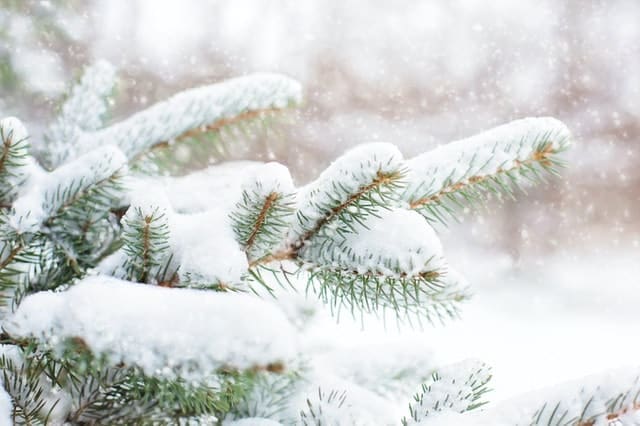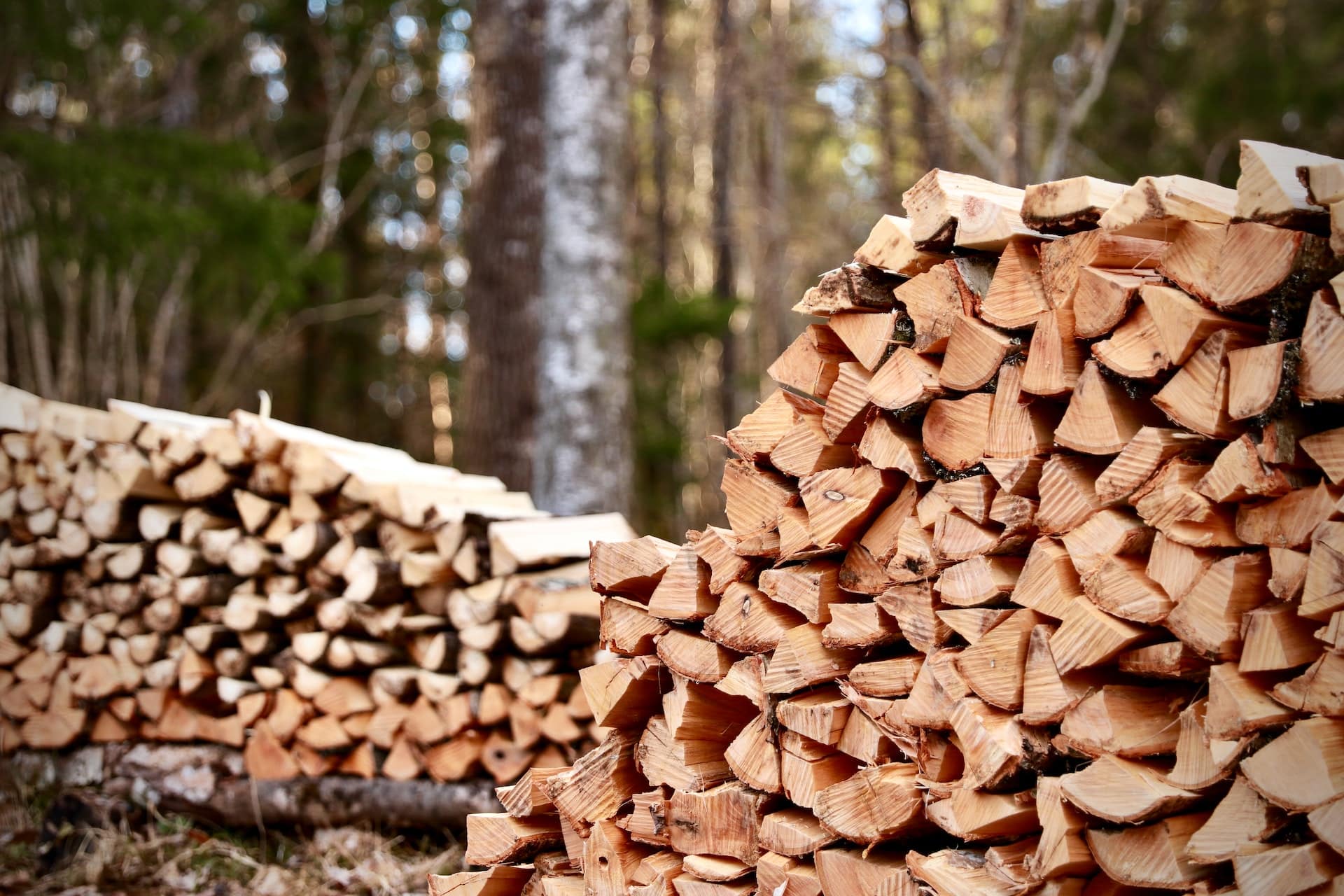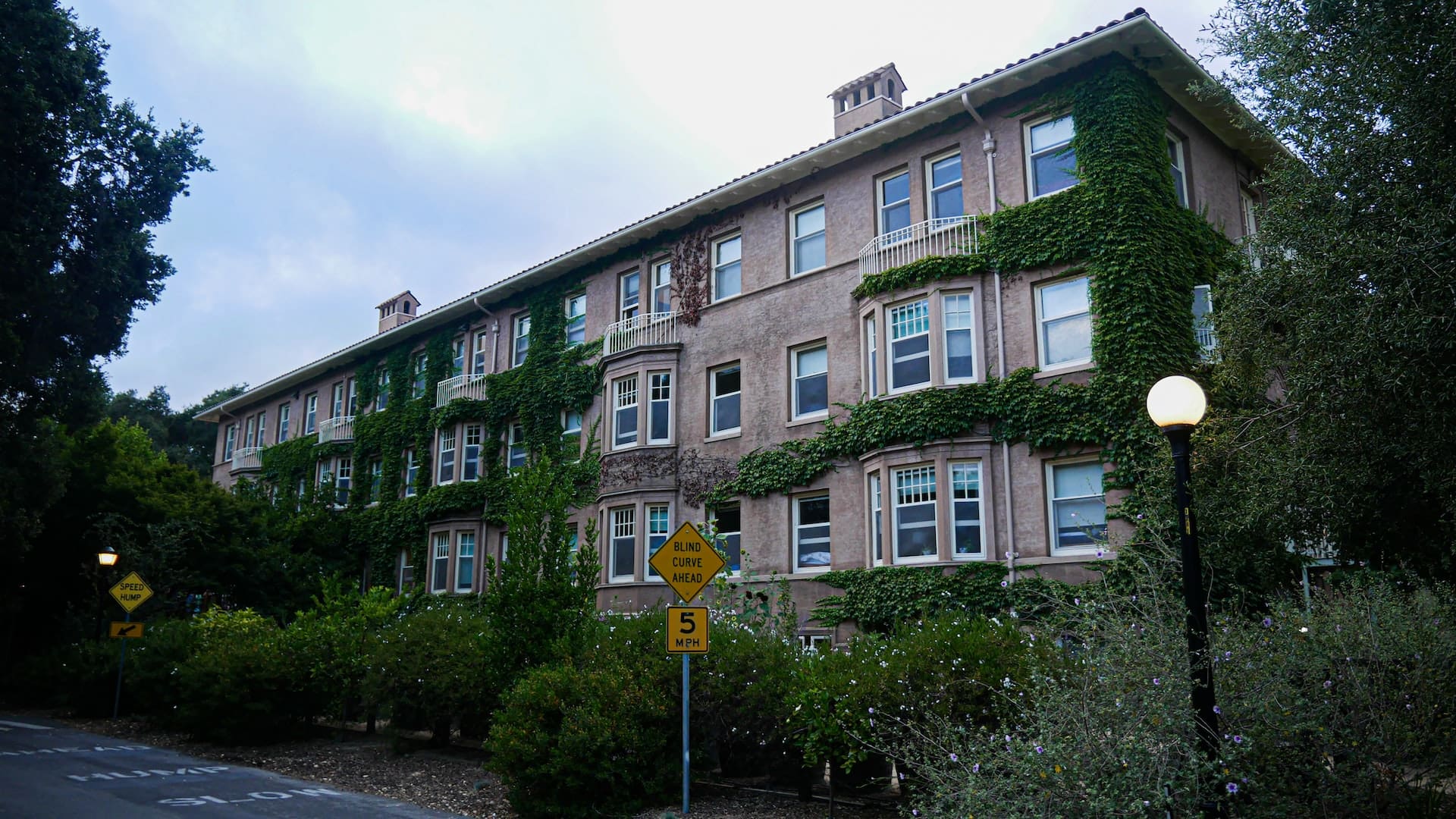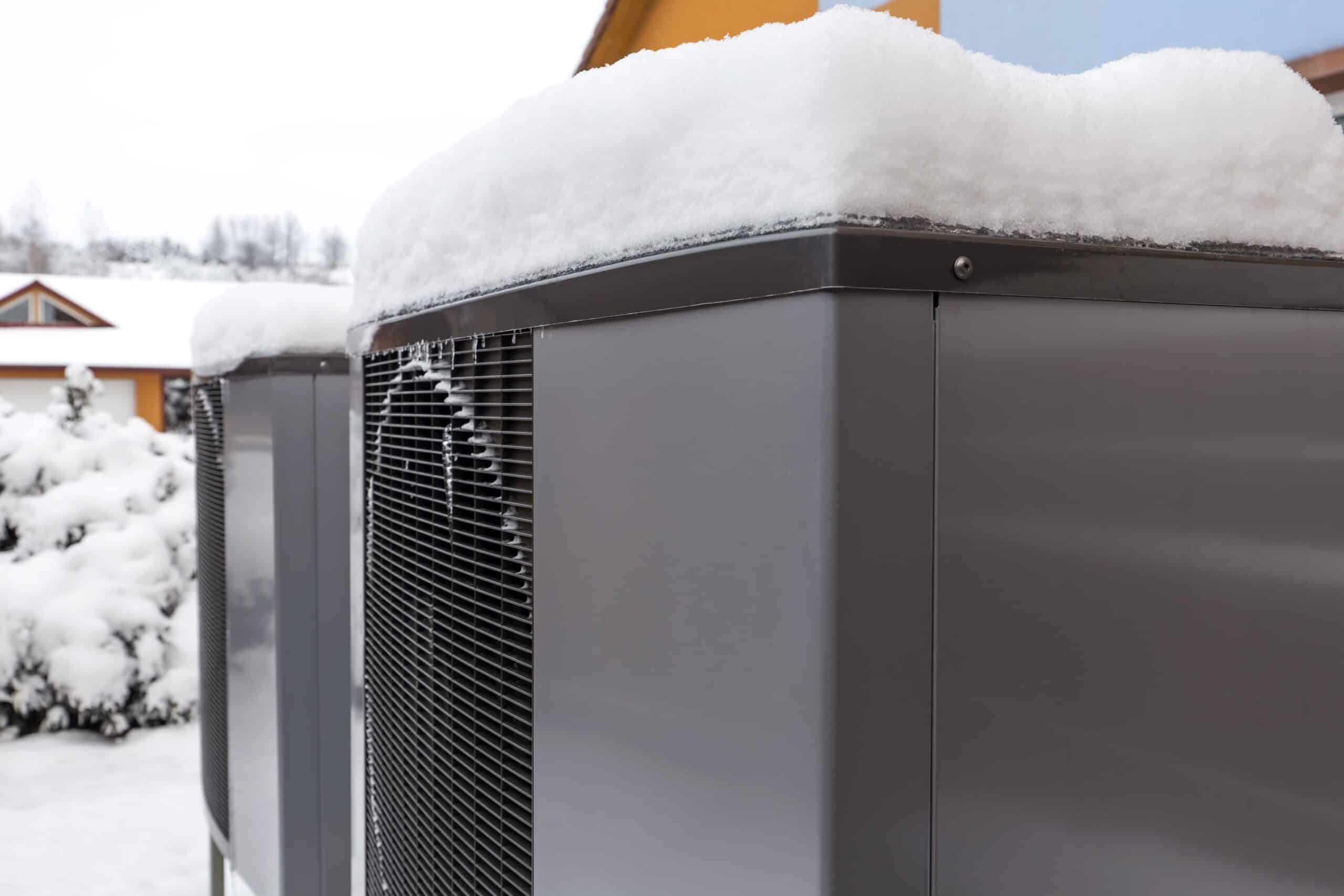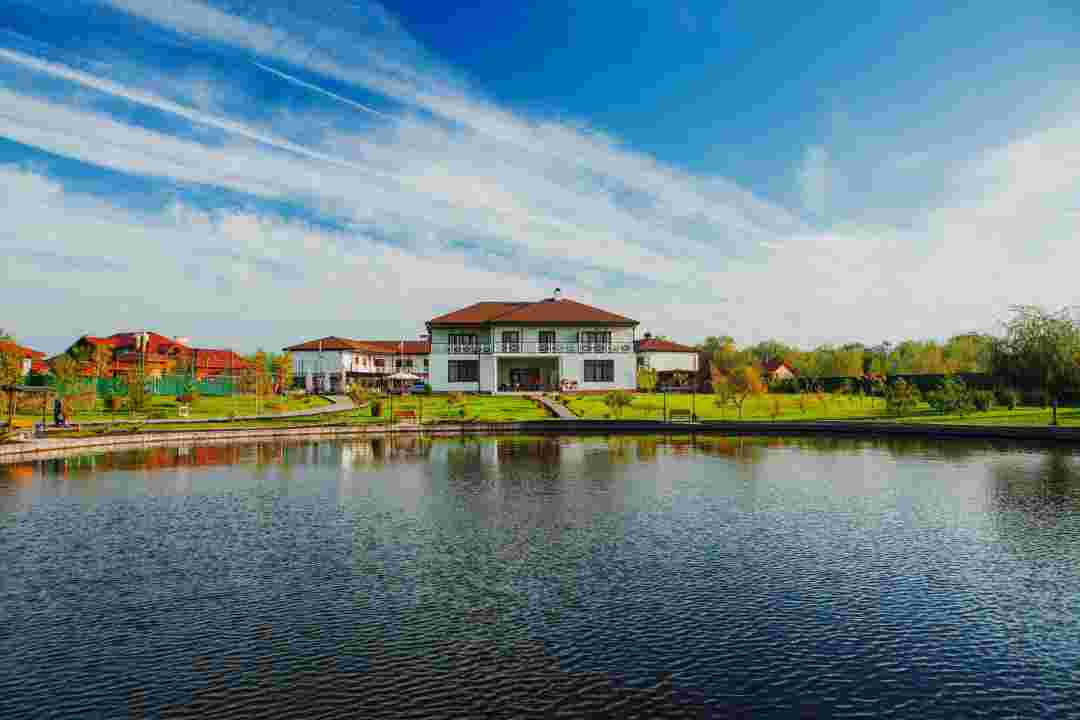Icing during the winter is a common phenomenon that occurs in most heat pumps.
A light coat of icing on the coil usually builds up during the colder months and is tackled by the pump’s defroster that uses the refrigerant to melt the ice. However, in cases of a thicker or more solid layer of ice that causes your pump to freeze, the system won’t be able to heat the space effectively.
The excess moisture that forms on the system causes your pump to freeze and usually happens when the pump is not used for some time. However, there may be other reasons for this to occur.
At JL Phillips, due to our vast experience in sustainable technology, we know the essential frozen heat pump tips that can enable your pump to work during the colder months effectively.
So without further ado, let’s take a look!
1. Check Your Heat Pump’s Defrost Cycle
Every heat pump comes with a defrost option that kickstarts when the ice starts building up during the colder months. This prevents the heat pump from freezing or icing over across the pump.
However, to save on energy, the pump doesn’t run continuously, with the defrost cycle running only when required. Based on how much ice is formed along with its severity, the cycle can last from 10 to 15 minutes.
This means that if your pump’s defrost cycle doesn’t kick in, it may cause freezing across all the parts of your heat pump. With this, you’ll also need to check on the temperature sensors to keep an eye on the defrost cycle.
If things don’t look alright with this function, you may want to get it looked at by a heating expert like JL Phillips.
To find out more about our services, get in touch with us today!
2. Keep An Eye Out For Ice Buildup
A malfunctioning heat pump causes considerable ice buildup which can cease the functioning of the pump. Coils that are blocked by ice cannot effectively pull in cool air thereby decreasing the system’s heat output capacity.
Since the air cannot pass through the fins due to the ice buildup, continuing to use the heat pump may cause further irreversible damage. This can cause other components of the pump to break, thereby leading to an entire heat pump replacement.
To tackle this, you’ll need to do frequent refrigerant checks and heat pump maintenance. If our recommended frozen heat pump tips don’t work, you’ll need to get the system serviced by an experienced HVAC technician or expert.
3. Regular Maintenance And Checkups
Preventing a heat pump from freezing requires regular maintenance and checkups is essential to keep your pump in good working condition.
Every system faces a certain amount of wear and tear which is only kept in check when the system is maintained to ensure efficiency. Neglecting to do so can cause severe damage which will impact the overall working of your heat pump.
Most frozen heat pump tips revolve around regular maintenance and a general check-up of the system to ensure that it lasts longer.
At JL Phillips, along with providing a range of sustainable technologies for domestic and commercial spaces, we also offer repair and maintenance services that ensure they stay in good working condition at all times.
For any queries and doubts, speak to our experts today!
Contact JL Phillips For Heat Pump Service And Maintenance
With these frozen heat pump tips, you can check on your heat pumps to keep them functioning effectively. However, if you’re in need of a professional heat pump maintenance service, JL Phillips is the right place for you!
Our experience in sustainable technology enables us to provide quality installation and maintenance services for all our products.
To find out more about how we can help, get in touch with us today!
